Tania Simoncelli, znanstvena svetovalka pri American Civil Liberties Union, v izjemno zanimivem TED predavanju Should you be able to patent a human gene? opiše, kako sta se s kolegom pravnikom leta 2005 lotila izpodbijanja pravice do patentiranja človeških genov in po mnogih letih sodnih bitk zmagala na vrhovnem sodišču s soglasno sodbo vseh sodnikov.
In 2005, Tania Simoncelli, then the Science Advisor for the American Civil Liberties Union, contemplated a question at once simple and complex: Are human genes patentable? At the time, U.S. patent law said they were — which meant patent holders had the right to stop anyone from sequencing, testing, or even looking at a gene they had patented. Troubled by the way this law both harmed patients and created a barrier to biomedical discovery and innovation, Simoncelli partnered with ACLU attorney Chris Hansen to challenge it. In this riveting talk, she tells the story of how they took a case everybody told them they would lose all the way to the Supreme Court — and won.

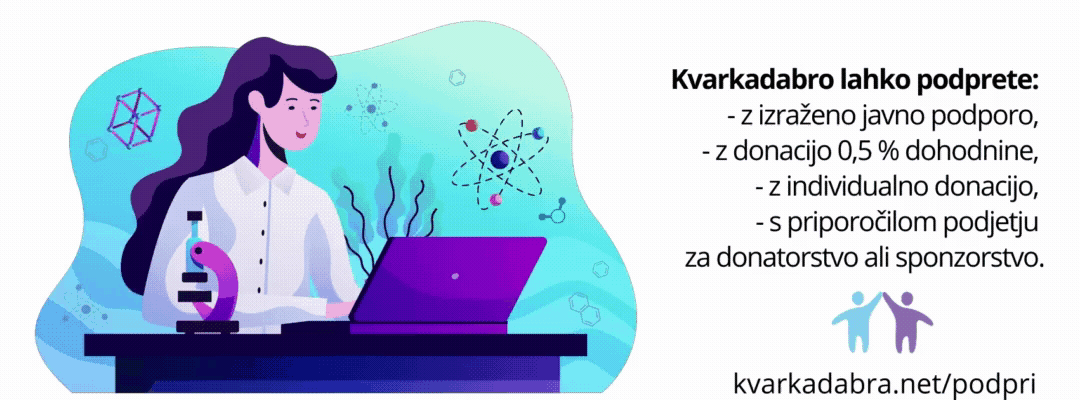

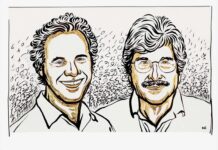

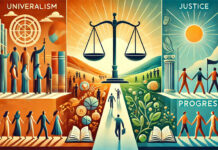


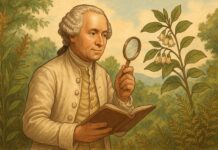


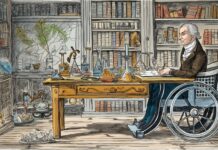




“which meant patent holders had the right to stop anyone from sequencing, testing, or even looking at a gene they had patented.”
Nisem poznavalec patentnega prava, ampak tale trditev mi je zelo sumljiva. Ker patentna zaščita niti v ZDA niti pri nas ne omejuje uporabe v raziskovalne namene.
“The U.S. Patent and Trademark Office (PTO) has granted thousands of patents on human genes; in fact, about 20 percent of our genes are patented. The PTO gives patent holders the exclusive rights to genetic sequences, their usage, and their chemical composition. Anyone who makes or uses a patented gene without permission of the patent holder – whether it be for commercial or noncommercial purposes – is committing patent infringement and can be sued by the patent holder for such infringement. Because the PTO grants patents on the genes themselves, it essentially gives patent holders a monopoly over the patented… Beri dalje »